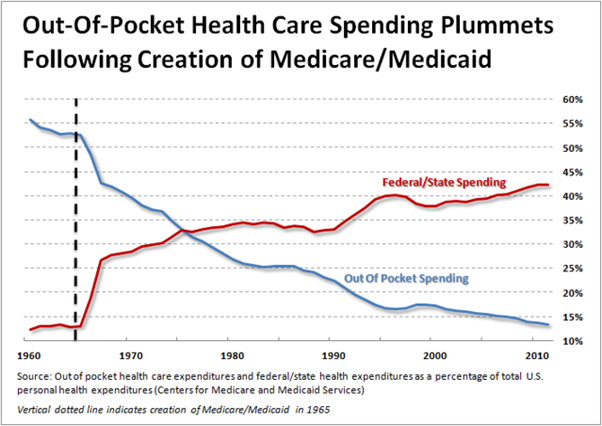The Cobden Centre’s Jamie Whyte writes an excellent piece in this morning’s Wall Street Journal on the alleged economic merits of currency devaluation; he succinctly smashes the argument that currency devaluation is good for us. Here’s a quote:
When sterling devalues, British exporters benefit. They either receive more pounds in return for sales denominated in foreign currencies, or the foreign-currency price of their goods falls and they sell more. But this gain to those who sell to foreigners is offset by the loss to those who buy from foreigners, who must now pay higher prices. Currency devaluations effectively provide a subsidy for exporters funded by a tax on importers.
The Germans, under the Deutschmark, did not get rich by devaluing their currency, and neither did the Swiss with their Franc (in the happy days before the cantons started to let their federal government try to bounce them into the EU, by hook or by crook).
As Mr Whyte lays out, all of us working harder for no net general gain is a cost rather than a benefit. Unless of course, you happen to live on the export side of the equation, rather than the import side.
To read more, click here, which may get you one free view.
(Alas, any paywall problems require imagination or Google.)


If no country ever devalues or revalues relative to other countries, this is amounts to saying that current relative currency values are optimum, and that regardless of what changes take place in the future (changes in export performance, population movements, etc) those relative values will always be optimum. I find that a very weird proposition.
Good article by the always interesting Jamie Whyte. However while in the ideal world I would agree with him, as we actually live on Earth I prefer sterling to the Euro in the current global malaise. First, it seems to me our exports tend to be higher value-added ‘stuff’, like legal services, entertainment, jet engines etc., while our imports are lower value-added like cheapo Chinese manufactured goods, holidays to the sun and food. If it’s either/or, we can live with considerably less of the latter, can’t we?
Secondly, for the foreseeable future we will regretably have fiat, floating currencies rather than ‘real’ or asset-backed money. It is impossible for central banks to conjure up an optimal money supply for all sectors of the economy at all times which inevitably leads to future rounds of boom, malinvestment, bust, deprivation and armed struggle. But I would rather have more central banks, geographically located nearer the people they ‘serve’, than fewer. Would a new Greek or Irish central bank try harder to do the right thing for the Greek or Irish people than the ECB?